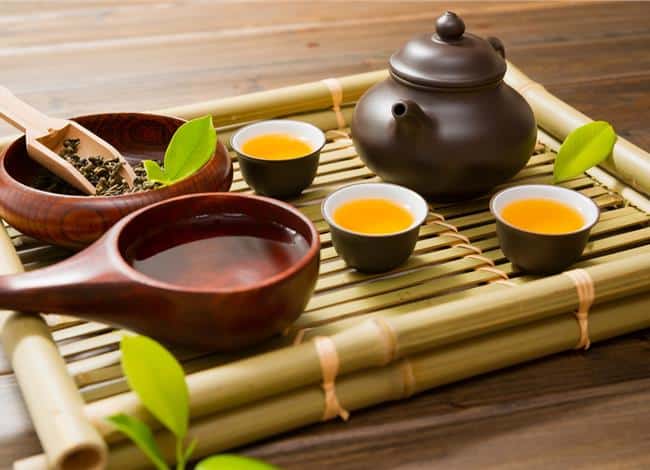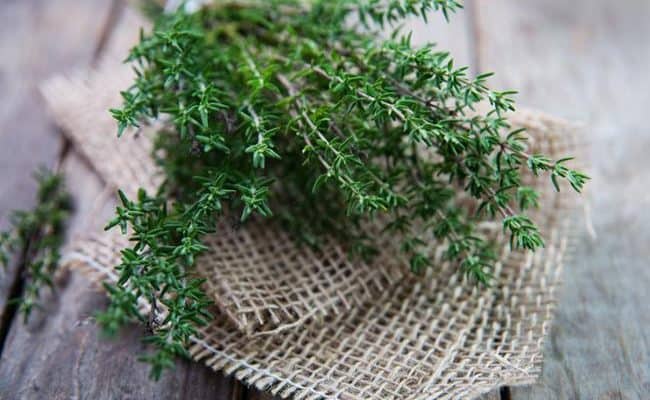
Yerba mate comes from a plant native to South America. The leaves and stems are dried to make tea and can be used for other supplements. Yerba mate does not have caffeine like other teas, and some research has suggested it may have benefits for weight loss and heart health.
Yerba mate has been enjoyed in South American cultures for centuries and recently has also become popular worldwide because of its health properties.
However, even though yerba mate is a source of antioxidants and has some proposed health benefits, some research suggests drinking yerba mate in high doses may actually increase risk for some cancers.
Therefore, some caution may be needed for drinking hot mate tea in moderation.
As with any weight loss supplement, drinking yerba mate tea may offer additional support but isn’t considered a miracle drug for dramatic weight loss.
Always speak with your doctor before taking any supplement, as there could be side effects or interactions with medications.
Yerba mate and weight loss
Yerba mate has a compound called mateine which acts like a stimulant, similar to caffeine (1).
The benefit over caffeine is that mateine doesn’t have the jittery side effect and may actually have somewhat of a calming effect.
Mateine may work the same way like caffeine to increase metabolism slightly.
Yerba mate tea may offer another advantage for weight loss. A 2011 study (2) looked at the relationship between yerba mate and food intake in mice that were fed a high fat diet.
Researchers found after three weeks of having a mate infusion, the mice had lower food intake, body weight and lower cholesterol levels in the blood.
A hormone called glucagon like peptide 1 (GLP-1) was also higher after being fed the yerba mate. GLP-1 is a hormone that discourages eating, so high levels are thought to be more helpful for weight loss.
A 2012 study (3) also found yerba mate helped mice lose weight and lower the accumulation of fat cells. Researchers also found yerba mate helped mice with blood glucose regulation and concluded yerba mate may be helpful in treating obesity and diabetes risk.
These study results in mice suggest yerba mate may be helpful for weight regulation and metabolism. However, more research is needed for longer duration, varying levels of yerba mate and human studies.
Keep in mind most studies with rodents include a supplement amount that is considered very high. More conclusive evidence is needed to determine any benefit or safety concerns with humans and the effect on weight loss.
Antioxidants and heart health
Like other teas and plant foods, yerba mate is a high source of antioxidants, and according to a 2008 study (4) may contribute to a lowered risk of cardiovascular disease.
This study found yerba mate helped protect blood cholesterol from getting oxidized. Oxidized low density lipoprotein (LDL) cholesterol is thought to be more damaging for blood vessels, so protecting cholesterol from oxidizing is considered beneficial for cardiovascular health.
A 2009 study (5) with just over 100 people found yerba mate helped lower LDL cholesterol levels and actually helped increase HDL, the good cholesterol, in some participants.
Researchers also found when yerba mate was taken in addition with statin drugs in people with high blood cholesterol there was an additional lowering effect.
Yerba mate and cancer risk
What is somewhat puzzling about yerba mate is that even though it is a source of antioxidants, which is generally considered helpful for lowering cancer risk, some studies have shown an association of increased cancer risk of some cancers from yerba mate consumption.
One reason why this association between cancer and mate may be found is because of how yerba mate tea is made.
The leaves of the mate plant undergo a process of blanching (heating), drying aging and packaging before it is used for consumption (6).
Part of the drying phase can often involve using wood smoke. This process is different than other teas that use air drying.
The wood smoke may be what could increase potential cancer risk just like other foods that are heated with smoke.
A 2008 study (7) found high levels of polycyclic aromatic hydrocarbons (PAHs) which are known carcinogens in hot and cold tea products.
A 2009 study (8) also suggests hot mate drinks may be associated with increasing risk for certain cancers because the hot temperature could dry out mucosa layer in the throat or oral cavity and accelerate metabolic reactions with carcinogens. Smoking and other behaviors that increase cancer risk along with drinking yerba mate tea can be a higher cancer risk.
Researchers are not clear on the etiology of cancer risk and yerba mate, as this relationship is only by association.
It is also not known at what level of intake yerba mate could be a factor for impacting cancer risk.
Mayo Clinic (9) suggests yerba mate tea doesn’t pose a concern for healthy adults who drink it occasionally.
Conclusion
Yerba mate tea has been shown in some animal studies to be potentially beneficial for weight loss. However, most studies use a high dose of supplemental yerba mate, and the effect of weight loss from yerba mate in humans is not well known.
Yerba mate has a chemical that is a stimulant, similar to caffeine which could slightly increase metabolism. Yerba mate could also impact food intake and hormones that regulate appetite.
Mate products may be helpful for cardiovascular health according to some studies, as it can help lower bad cholesterol levels.
A potential concern for yerba mate is it may increase risk of certain cancers. Drinking yerba mate tea in moderation is not thought to pose an increased risk, but drinking a lot of yerba mate may not be recommended.
More research is needed to determine safety and health benefits of yerba mate tea.
If you are wondering if drinking yerba mate tea would be good for your health, speak with your doctor before taking it.











